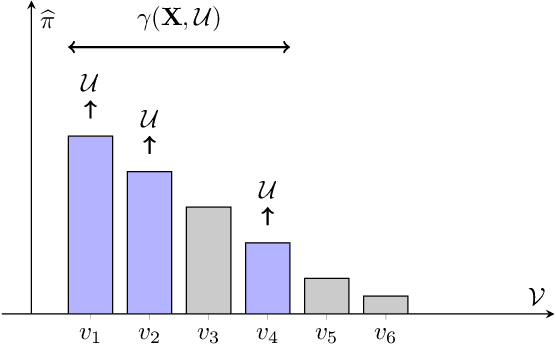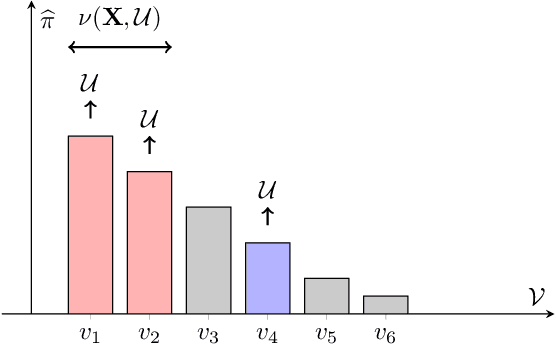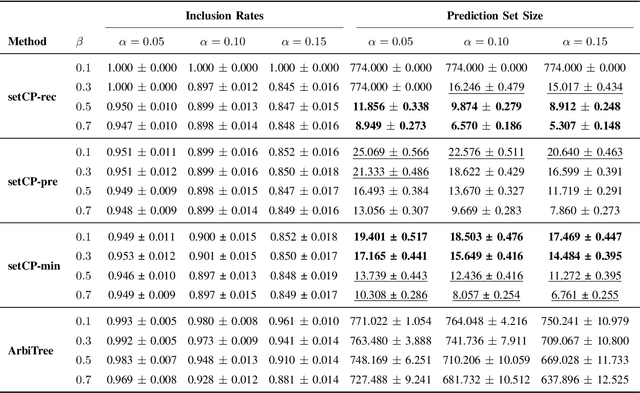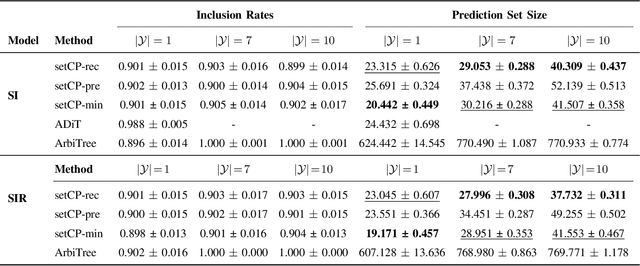Wenfei Liang
DAOS: A Multimodal In-cabin Behavior Monitoring with Driver Action-Object Synergy Dataset
Jan 17, 2026Abstract:In driver activity monitoring, movements are mostly limited to the upper body, which makes many actions look similar. To tell these actions apart, human often rely on the objects the driver is using, such as holding a phone compared with gripping the steering wheel. However, most existing driver-monitoring datasets lack accurate object-location annotations or do not link objects to their associated actions, leaving a critical gap for reliable action recognition. To address this, we introduce the Driver Action with Object Synergy (DAOS) dataset, comprising 9,787 video clips annotated with 36 fine-grained driver actions and 15 object classes, totaling more than 2.5 million corresponding object instances. DAOS offers multi-modal, multi-view data (RGB, IR, and depth) from front, face, left, and right perspectives. Although DAOS captures a wide range of cabin objects, only a few are directly relevant to each action for prediction, so focusing on task-specific human-object relations is essential. To tackle this challenge, we propose the Action-Object-Relation Network (AOR-Net). AOR-Net comprehends complex driver actions through multi-level reasoning and a chain-of-action prompting mechanism that models the logical relationships among actions, objects, and their relations. Additionally, the Mixture of Thoughts module is introduced to dynamically select essential knowledge at each stage, enhancing robustness in object-rich and object-scarce conditions. Extensive experiments demonstrate that our model outperforms other state-of-the-art methods on various datasets.
Conformal Prediction for Multi-Source Detection on a Network
Nov 12, 2025



Abstract:Detecting the origin of information or infection spread in networks is a fundamental challenge with applications in misinformation tracking, epidemiology, and beyond. We study the multi-source detection problem: given snapshot observations of node infection status on a graph, estimate the set of source nodes that initiated the propagation. Existing methods either lack statistical guarantees or are limited to specific diffusion models and assumptions. We propose a novel conformal prediction framework that provides statistically valid recall guarantees for source set detection, independent of the underlying diffusion process or data distribution. Our approach introduces principled score functions to quantify the alignment between predicted probabilities and true sources, and leverages a calibration set to construct prediction sets with user-specified recall and coverage levels. The method is applicable to both single- and multi-source scenarios, supports general network diffusion dynamics, and is computationally efficient for large graphs. Empirical results demonstrate that our method achieves rigorous coverage with competitive accuracy, outperforming existing baselines in both reliability and scalability.The code is available online.
Simple Graph Contrastive Learning via Fractional-order Neural Diffusion Networks
Apr 24, 2025Abstract:Graph Contrastive Learning (GCL) has recently made progress as an unsupervised graph representation learning paradigm. GCL approaches can be categorized into augmentation-based and augmentation-free methods. The former relies on complex data augmentations, while the latter depends on encoders that can generate distinct views of the same input. Both approaches may require negative samples for training. In this paper, we introduce a novel augmentation-free GCL framework based on graph neural diffusion models. Specifically, we utilize learnable encoders governed by Fractional Differential Equations (FDE). Each FDE is characterized by an order parameter of the differential operator. We demonstrate that varying these parameters allows us to produce learnable encoders that generate diverse views, capturing either local or global information, for contrastive learning. Our model does not require negative samples for training and is applicable to both homophilic and heterophilic datasets. We demonstrate its effectiveness across various datasets, achieving state-of-the-art performance.
Distributed-Order Fractional Graph Operating Network
Nov 08, 2024



Abstract:We introduce the Distributed-order fRActional Graph Operating Network (DRAGON), a novel continuous Graph Neural Network (GNN) framework that incorporates distributed-order fractional calculus. Unlike traditional continuous GNNs that utilize integer-order or single fractional-order differential equations, DRAGON uses a learnable probability distribution over a range of real numbers for the derivative orders. By allowing a flexible and learnable superposition of multiple derivative orders, our framework captures complex graph feature updating dynamics beyond the reach of conventional models. We provide a comprehensive interpretation of our framework's capability to capture intricate dynamics through the lens of a non-Markovian graph random walk with node feature updating driven by an anomalous diffusion process over the graph. Furthermore, to highlight the versatility of the DRAGON framework, we conduct empirical evaluations across a range of graph learning tasks. The results consistently demonstrate superior performance when compared to traditional continuous GNN models. The implementation code is available at \url{https://github.com/zknus/NeurIPS-2024-DRAGON}.
FedSheafHN: Personalized Federated Learning on Graph-structured Data
May 25, 2024



Abstract:Personalized subgraph Federated Learning (FL) is a task that customizes Graph Neural Networks (GNNs) to individual client needs, accommodating diverse data distributions. However, applying hypernetworks in FL, while aiming to facilitate model personalization, often encounters challenges due to inadequate representation of client-specific characteristics. To overcome these limitations, we propose a model called FedSheafHN, using enhanced collaboration graph embedding and efficient personalized model parameter generation. Specifically, our model embeds each client's local subgraph into a server-constructed collaboration graph. We utilize sheaf diffusion in the collaboration graph to learn client representations. Our model improves the integration and interpretation of complex client characteristics. Furthermore, our model ensures the generation of personalized models through advanced hypernetworks optimized for parallel operations across clients. Empirical evaluations demonstrate that FedSheafHN outperforms existing methods in most scenarios, in terms of client model performance on various graph-structured datasets. It also has fast model convergence and effective new clients generalization.
Unleashing the Potential of Fractional Calculus in Graph Neural Networks with FROND
Apr 26, 2024



Abstract:We introduce the FRactional-Order graph Neural Dynamical network (FROND), a new continuous graph neural network (GNN) framework. Unlike traditional continuous GNNs that rely on integer-order differential equations, FROND employs the Caputo fractional derivative to leverage the non-local properties of fractional calculus. This approach enables the capture of long-term dependencies in feature updates, moving beyond the Markovian update mechanisms in conventional integer-order models and offering enhanced capabilities in graph representation learning. We offer an interpretation of the node feature updating process in FROND from a non-Markovian random walk perspective when the feature updating is particularly governed by a diffusion process. We demonstrate analytically that oversmoothing can be mitigated in this setting. Experimentally, we validate the FROND framework by comparing the fractional adaptations of various established integer-order continuous GNNs, demonstrating their consistently improved performance and underscoring the framework's potential as an effective extension to enhance traditional continuous GNNs. The code is available at \url{https://github.com/zknus/ICLR2024-FROND}.
 Add to Chrome
Add to Chrome Add to Firefox
Add to Firefox Add to Edge
Add to Edge